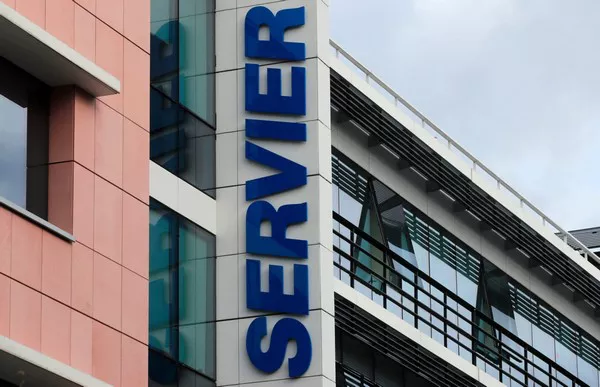In recognition of World Cancer Day, the European Patent Office (EPO) has released a study assessing national contributions to cancer innovations spanning from 2002 to 2021. Notably, Servier secures the third position in the list of the most innovative players in France, underscoring the company’s steadfast commitment to shaping groundbreaking innovations with a profound impact on the lives of patients grappling with rare and challenging cancers.
Servier’s third-place ranking underscores its commitment to innovation in oncology, as acknowledged in the EPO report, which identifies Servier as one of the three most innovative leaders in France’s fight against cancer. The study considers patents filed over the past two decades, showcasing Servier’s successful dedication to oncology, particularly accelerating since 2018. The company’s portfolio now boasts seven medicines addressing cancers with high unmet medical needs, supported by a robust pipeline featuring thirty-five R&D projects as of January 2024.
Aligned with its patient-centric innovation ambition, Servier now allocates over 70% of its R&D budget to oncology, aiming to develop pioneering therapeutic solutions for patients with unmet or inadequately addressed medical needs.
Cancer remains a persistent challenge, with 31% of men and 25% of women in the European Union projected to be diagnosed before the age of 75, according to the European Cancer Information System (ECIS). Globally, cancer stands as the second leading cause of mortality. Addressing these substantial therapeutic needs underscores the critical role of scientific innovation in patient care.
The EPO’s study, titled “Patents and Innovation Against Cancer,” reveals a 70% increase in innovations in the oncology sector since 2015. Over the last two decades, these innovations have contributed to saving more than five million patients in the European Union alone.
France emerges as the third most innovative country in Europe, contributing to the filing of 5,078 international patent families. French innovation is predominantly propelled by personalized medicine, vaccines, radio sensitization, and more recently, immunotherapy and targeted therapy – areas where Servier has notably demonstrated innovation.

























